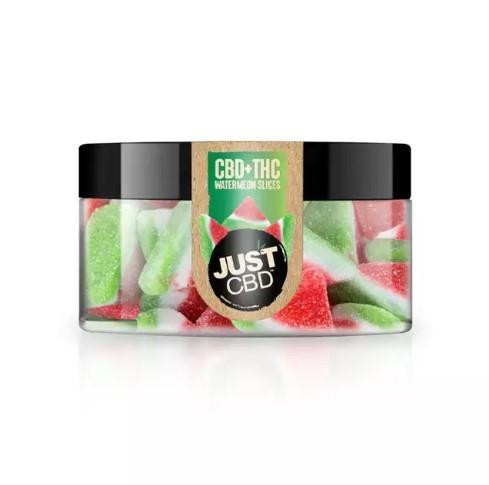Unraveling the Buzz: Exploring the Phenomenon of CBD Products
In recent years, the world has witnessed a surge in interest surrounding cbd product. From oils to gummies, creams to capsules, CBD (cannabidiol) seems to have permeated nearly every corner of the wellness market. But what exactly is CBD, and why has it captured the attention of so many? Let's delve into the fascinating world of CBD products to unravel the buzz.
CBD, short for cannabidiol, is one of over a hundred chemical compounds known as cannabinoids found in the cannabis plant. Unlike its more infamous cousin THC (tetrahydrocannabinol), CBD is non-psychoactive, meaning it won't get you "high." Instead, it's celebrated for its potential therapeutic benefits.
One of the primary reasons behind the popularity of buying cbd lies in its purported health benefits. Advocates and users alike claim that CBD can help alleviate various ailments, ranging from anxiety and chronic pain to insomnia and epilepsy. While scientific research is still ongoing to fully understand the extent of CBD's therapeutic effects, some studies have shown promising results.
For instance, a study published in the New England Journal of Medicine found that CBD significantly reduced seizures in patients with Dravet syndrome, a severe form of epilepsy, leading to the approval of the first CBD-based medication by the FDA. Additionally, research suggests that CBD may have anti-inflammatory properties and could potentially help manage conditions like arthritis and multiple sclerosis.
Beyond its potential health benefits, the versatility of CBD products contributes to their widespread appeal. CBD can be consumed in various forms, allowing individuals to choose the method that best suits their preferences and lifestyle. Whether it's through oils and tinctures for sublingual administration, edibles like gummies and chocolates for a tasty treat, or topical creams and lotions for targeted relief, there's a CBD product for everyone.
Moreover, the increasing legalization of cannabis and the growing acceptance of CBD have paved the way for a booming market. With projections estimating the global CBD market to reach billions of dollars in the coming years, it's no wonder that entrepreneurs and investors are eager to capitalize on the trend. However, this burgeoning industry also raises concerns about quality control, safety, and regulation.
Due to the lack of federal oversight, the CBD market remains largely unregulated, leading to inconsistencies in product quality and labeling. Without standardized testing and regulations in place, consumers may find it challenging to identify reputable brands and ensure the purity and potency of the products they purchase. Additionally, there have been reports of CBD products being mislabeled or containing harmful contaminants, highlighting the need for stricter regulations and quality assurance measures.
Furthermore, the legal landscape surrounding CBD remains complex and ever-evolving. While hemp-derived CBD containing less than 0.3% THC is federally legal in the United States, individual states may have their own regulations regarding the sale and consumption of CBD products. Moreover, the legality of CBD products varies significantly across the globe, with some countries embracing it wholeheartedly and others imposing strict restrictions.
In conclusion, the rise of CBD products signifies a paradigm shift in the wellness industry, offering a natural alternative for individuals seeking relief from various ailments. However, as with any burgeoning industry, it's essential to approach CBD with caution, conducting thorough research and consulting with healthcare professionals before incorporating it into your wellness regimen. By staying informed and advocating for transparency and accountability within the CBD market, consumers can navigate this burgeoning industry safely and responsibly.

Comments
Post a Comment